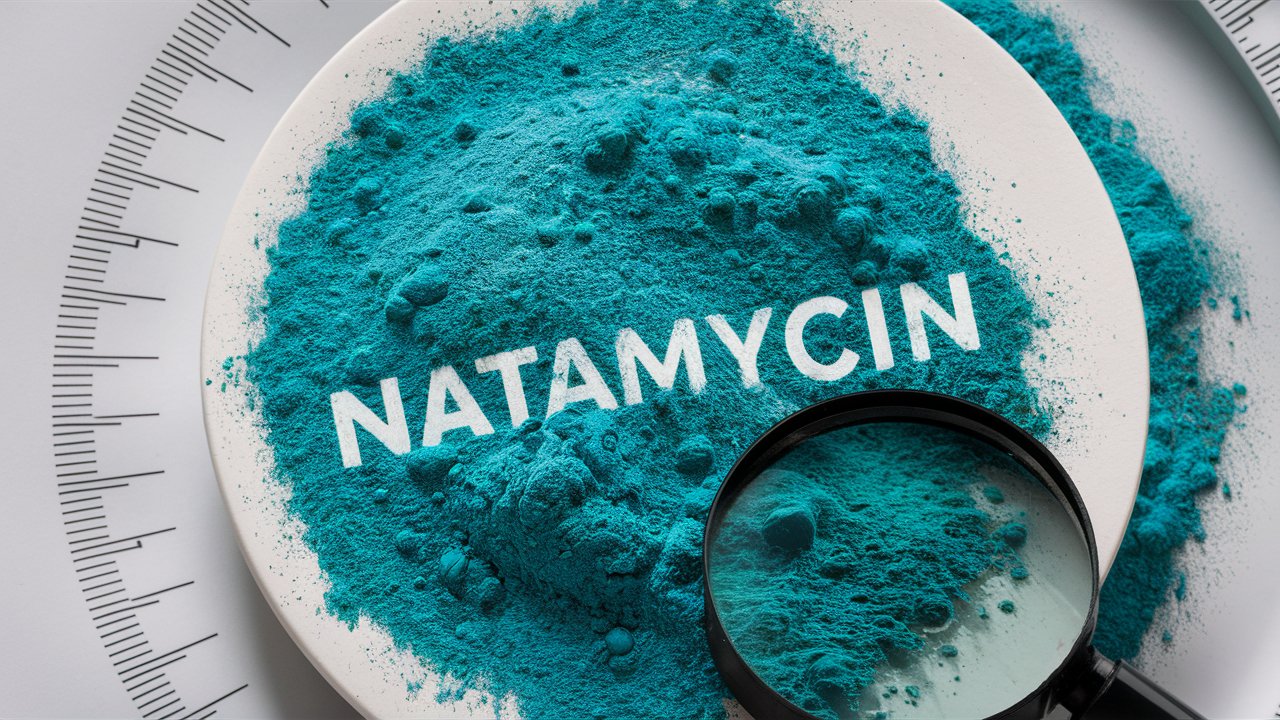Table of Contents
Have you ever wondered, “What food is natamycin in?” If not, you might be surprised to find out how common this natural preservative is in the foods you eat every day. Natamycin, also known as pimaricin, is a naturally occurring antifungal agent that helps keep food fresh and safe. In this article, we will explore what foods contain natamycin and the benefits of including it in your diet. Get ready to discover some surprising healthy options where natamycin plays a key role.
What is Natamycin?
Natamycin is a natural preservative that comes from a type of soil bacteria called Streptomyces natalensis. It is widely used in the food industry to prevent mold and yeast from growing on various products. Unlike synthetic preservatives, natamycin is safe and approved for use in many countries, including the United States and the European Union. It helps extend the shelf life of food without changing its taste or nutritional value.

Why is Natamycin Used in Food?
Natamycin is used in food because it effectively stops the growth of fungi, which can spoil food quickly. This is particularly important for dairy products, baked goods, and meats. Using natamycin helps manufacturers reduce food waste and provide safer products to consumers. It also helps maintain the quality and freshness of food for longer periods. Click here to read more about Food.
What Food Is Natamycin In? Guide to Foods Containing Natamycin
Dairy Products
Dairy products are some of the most common foods where natamycin is used. This includes:
- Cheese: Natamycin is often applied to the rind of cheeses to prevent mold growth. It is used in both hard and soft cheeses, ensuring they stay fresh during storage and transportation.
- Yogurt: Some yogurts contain natamycin to keep the surface free from yeast and mold, especially in fruit-flavored varieties.
- Sour Cream: To maintain its quality and prevent spoilage, sour cream may also include natamycin.
Baked Goods
Baked goods, especially those with a longer shelf life, can benefit from natamycin:
- Breads: Pre-packaged breads often contain natamycin to prevent mold during their shelf life.
- Cakes and Pastries: These sweet treats, particularly those sold in stores with extended shelf lives, may have natamycin to keep them fresh and mold-free.
Meats and Processed Foods
Natamycin is also used in various meats and processed foods:
- Sausages: Processed meats like sausages can include natamycin to prevent mold and yeast growth, ensuring they remain safe to eat.
- Deli Meats: Sliced deli meats often have natamycin to maintain freshness during storage.
- Ready-to-Eat Meals: These meals, which are designed to last longer, may use natamycin to prevent spoilage.
Click Here For More Information about Food.
What Food Is Natamycin In? Common Items You Might Find It In

Organic Foods
While it might be surprising, natamycin is approved for use in some organic foods. It is a natural preservative, making it suitable for organic standards. You can find it in:
- Organic Cheese: Some organic cheeses use natamycin to prevent mold without compromising organic integrity.
- Organic Baked Goods: Organic breads and pastries may also contain natamycin to ensure they remain fresh.
Health Foods
Health-conscious consumers may be surprised to find natamycin in their favorite products:
- Protein Bars: Some protein bars include natamycin to prevent mold, making them a convenient and safe snack option.
- Healthy Snacks: Other health snacks, like granola and trail mix, can contain natamycin to maintain freshness.
Benefits of Natamycin in Foods
Natamycin offers several benefits, making it a preferred choice for food preservation:
- Safety: Natamycin is recognized as safe by food authorities around the world. It does not affect the taste or nutritional value of food.
- Natural Origin: Being a natural preservative, it is a better alternative to synthetic chemicals.
- Effective Preservation: Natamycin effectively prevents mold and yeast, reducing food spoilage and waste.
Final Thoughts
Now that you know what food natamycin is in, you can appreciate its role in keeping many of your favorite foods fresh and safe. From dairy products to baked goods and meats, natamycin helps ensure you enjoy quality foods without the worry of spoilage. Its natural origin and effectiveness make it a valuable tool in food preservation. Next time you enjoy a piece of cheese or a protein bar, you might just thank natamycin for keeping it fresh.

